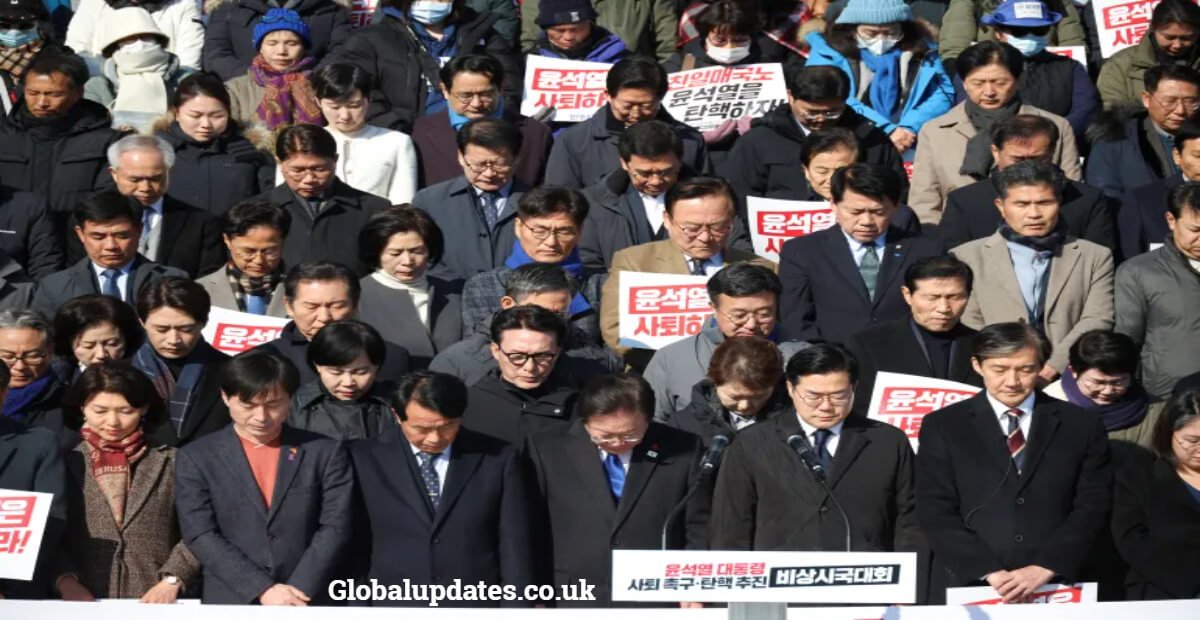Joan Jett, rock legend and trailblazer, continues to inspire with her timeless music and iconic career, with a net worth that reflects her incredible journey.
Seoul, South Korea — South Korea is grappling with an unprecedented crisis as martial law has been declared in response to escalating protests and civil unrest. The move has sparked intense debate, both within the country and internationally, about the implications of such drastic measures.
What is Martial Law? Martial law refers to the suspension of normal civilian governance, with the military taking control of key governmental functions, including law enforcement and emergency response. This means that the military can enforce curfews, control transportation, and suppress protests, among other powers. In South Korea, this move comes after weeks of increasing unrest, primarily in response to the government’s handling of the ongoing crisis.
The Reasons Behind Martial Law The South Korean government cited the need for “restoring order” amid violent protests and demonstrations that have disrupted daily life. Protests, initially sparked by economic instability, have grown in scale as citizens demand government accountability. The decision to implement martial law follows clashes between protesters and police, with violent skirmishes leading to an unstable environment in key cities.
Impact on Civil Liberties Martial law has significant implications for civil liberties. Under military control, regular citizens are at risk of arrest without due process, and freedom of speech and assembly are severely restricted. Curfews may be imposed, limiting the movement of individuals, and widespread surveillance could lead to further concerns over privacy.
International Reactions The international community has expressed concern over the imposition of martial law in a democratic nation like South Korea. Several countries, including the United States and Japan, have called for the protection of human rights, urging South Korea’s government to ensure that any measures taken do not escalate the situation further.
What’s Next for South Korea? As martial law continues, many are questioning the long-term effects of this action on the country’s political climate. The government’s next steps are crucial in determining whether South Korea can return to stability or if further escalation is inevitable. Civil rights groups are already preparing for legal challenges, while international observers remain vigilant.Global Updates











































Got a Questions?
Find us on Socials or Contact us and we’ll get back to you as soon as possible.